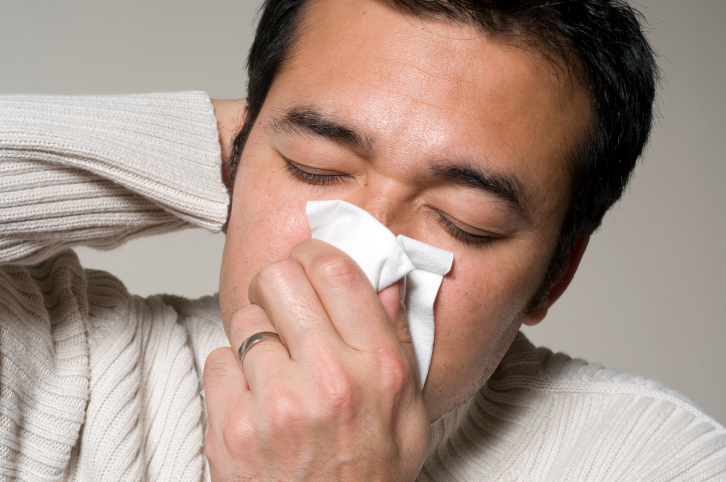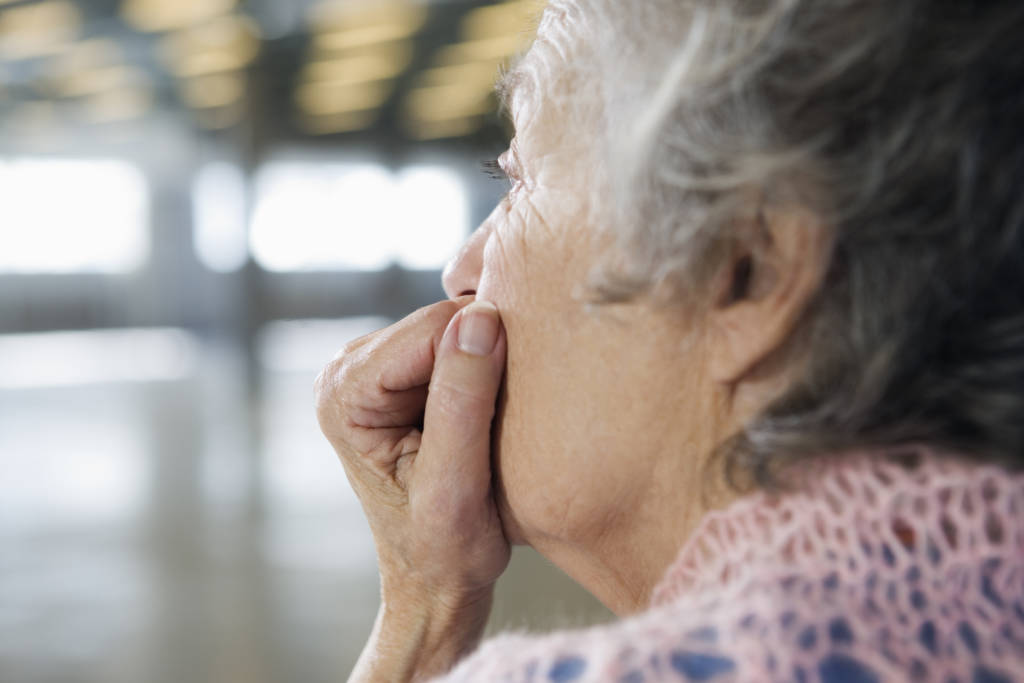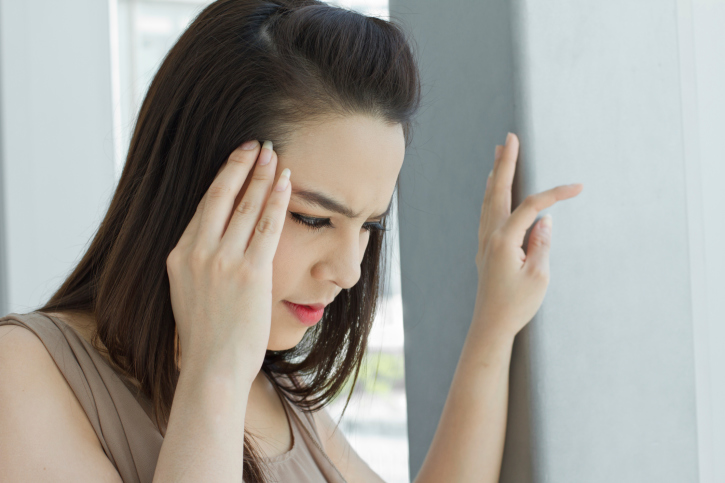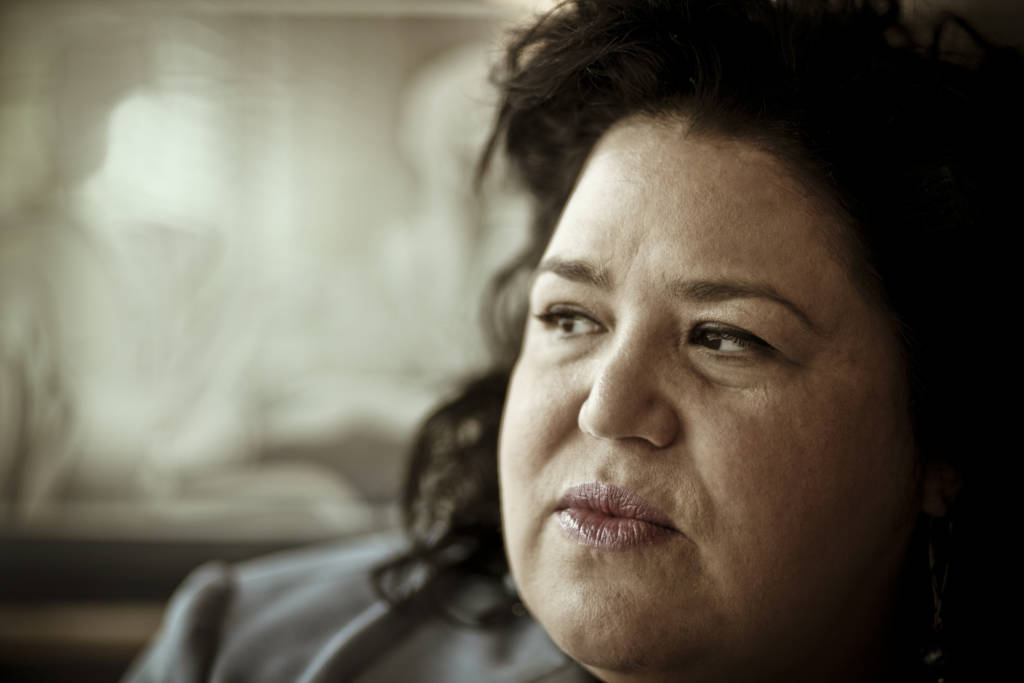It’s that time of the year again when we have to set our clocks back 1 hour, which means the days are shorter and the nights are longer. Nobody likes waking up in the morning when it’s dark and then getting out of work when it’s dark, which is why so many struggle with depression during the cold winter months.
When the clocks are turned back one hour on Sunday morning, many will welcome the extra sleep. But some will feel sluggish for the first few days after the time change. And, new research indicates that others will be at higher risk for depression during the darker months of winter.
“Most people enjoy the extra hour of sleep they get when daylight saving time ends,” said Dr. Raghu Upender, medical director of the Sleep Disorders Center at Vanderbilt University Medical Center in Nashville.

“However, because it gets darker sooner in the evening, some people may experience more fatigue on their commute home,” he said in a university news release.
But getting extra exposure to sunlight can reset your biological clock and help you cope, Upender added.
“It doesn’t have to be direct sunlight. Open the curtains and turn on all the bright lights in your house, or get outside for a walk,” he said.
Upender explained that light regulates the hormone melatonin, which controls the sleep-wake cycle. Light inhibits the production of melatonin, while darkness encourages it.
This explains why many people often feel more tired or groggy in the fall and winter months, when days are shorter and there are fewer hours of sunlight. Most people adjust within a few weeks, however, especially with extra sunlight exposure during the day, he added.
But not everyone bounces back after the time change. Between 4 and 6 percent of the population may experience a winter depression known as Seasonal Affective Disorder (SAD), said Sanam Hafeez, a neuropsychologist in New York City.






